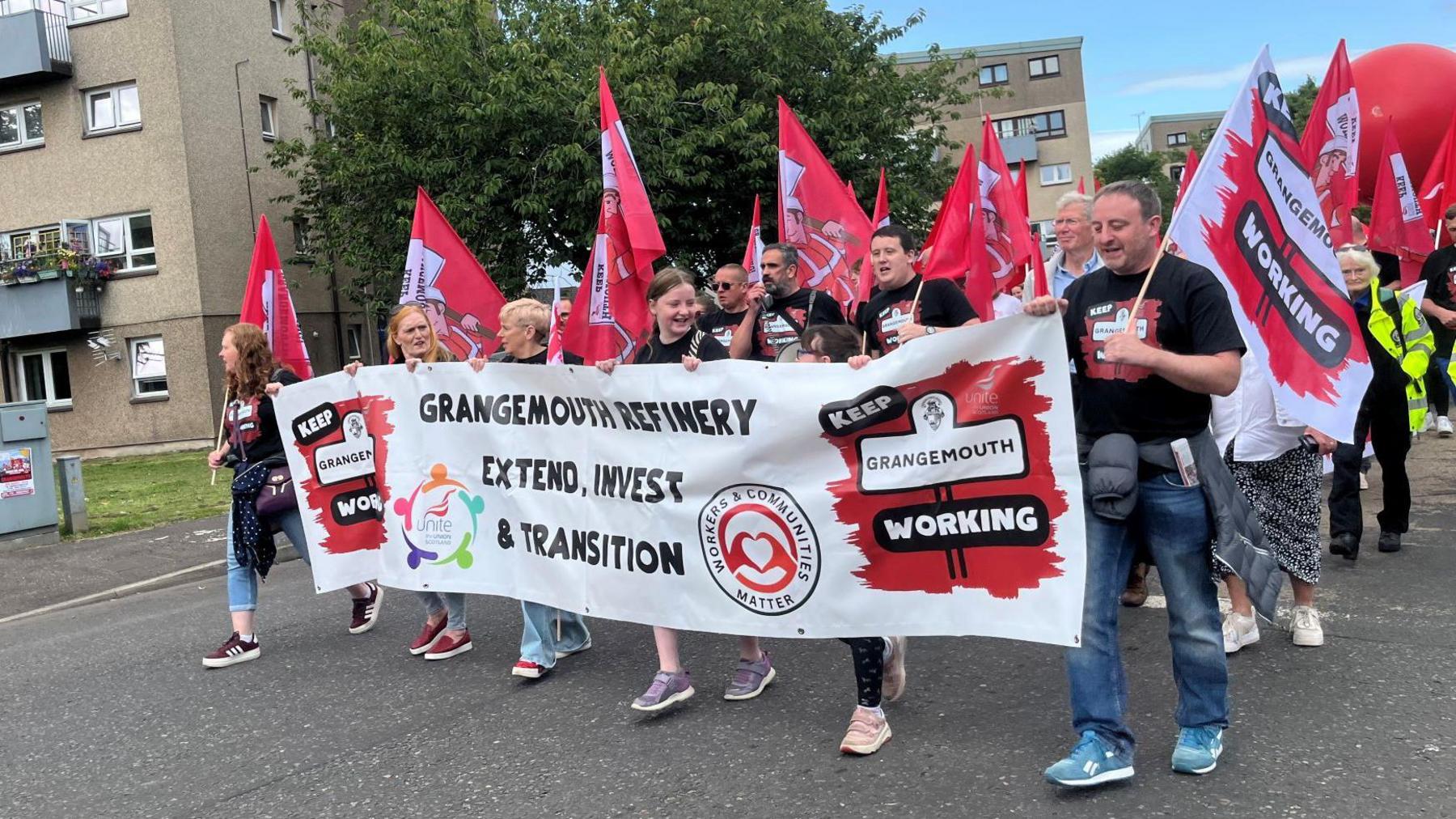'Possible buyer' for Grangemouth refinery - minister
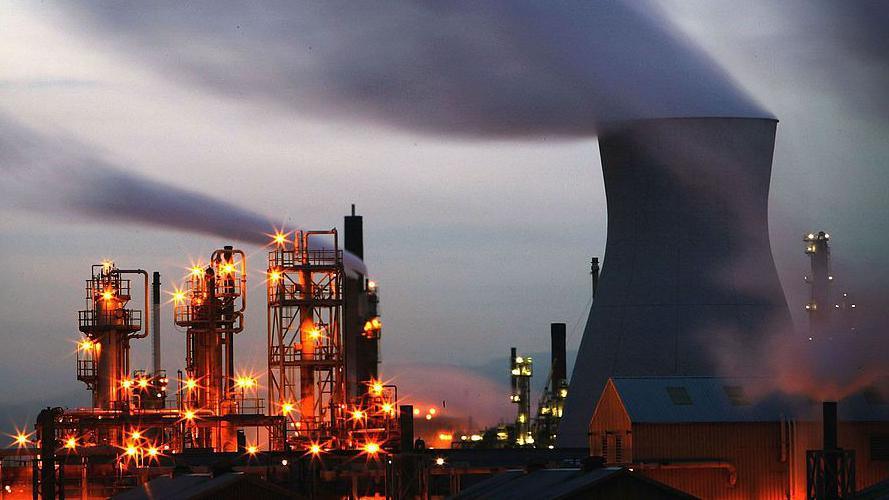
Petroineos has said the refinery will close with the loss of 400 jobs
- Published
A Scottish government minister has told the BBC that there is a "possible buyer" for the Grangemouth oil refinery.
Owners Petroineos confirmed on Thursday that it was closing the facility on the Firth of Forth with the loss of 400 jobs.
Public finance minister Ivan McKee said: “Going from a conversation to concluding a deal is clearly a long journey - but my understanding is there absolutely is a potential buyer.”
Grangemouth is Scotland's only refinery and accounts for about 14% of the UK's overall refining capacity.
The Scottish and UK governments have said they have a joint plan to secure a long-term future for the site.
Speaking on BBC Radio 4’s Any Questions? programme in Glasgow, McKee said: "We're working closely with the UK government to explore options of what can be done to support the jobs there and keep the plant going.
"I know that there's been talk of potential buyers coming in to run the operation and all of those avenues will be explored fully.
He added: "There is a possible buyer, clearly there’s a process to be gone through.
"The local MSP Michelle Thomson is working closely with them at the moment."
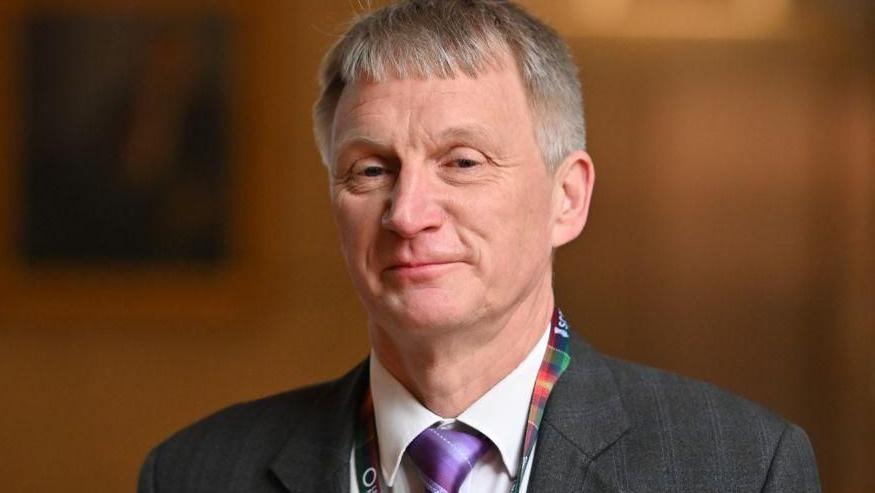
Ivan McKee said there are talks with a potential buyer for the site
Michelle Thomson, MSP for Falkirk East, had suggested there was the potential buyer at First Minister's Questions at Holyrood on Thursday.
But she said she could not identify the interested party because she had agreed to keep the information confidential.
The BBC understands the refinery - the oldest in the UK - is currently losing about $500,000 (£383,000) a day and is on course to lose about $200m (£153m) in 2024.
Petroineos confirmed on Thursday that it would close the refinery after announcing its intentions in November last year.
It said this was due to it being unable to compete with sites in Asia, Africa and the Middle East.
Petroineos said the closure would "safeguard fuel supply for Scotland" by converting the site into a terminal to import petrol, diesel, aviation fuel and kerosene into Scotland.
But this would require a workforce of fewer than 100 employees compared to the current 475.
Swinney denies lack of action over Grangemouth closure
First Minister John Swinney said it was a "deeply troubling" situation and denied there has been a lack of action by the Scottish government over the closure.
Scottish Secretary Ian Murray said the UK government did everything it could, but Petroineos "didn’t countenance having a discussion” about keeping the refinery open.
Unions said the facility should have remained open longer to provide time for a green alternative to be established.
Derek Thomson of the Unite union said: "The failure of government to plan properly for a just transition will leave thousands of people out of work at Grangemouth but also thousands in the future if we don’t get it right."
The refinery was opened by BP in 1924 and expanded into petrochemicals in the 1950s.
It is the main supplier of aviation fuel for Scotland's airports and a major supplier of petrol and diesel ground fuels across the Central Belt.
Ineos acquired the site in 2005 and are responsible for the entire plant, while the refinery itself is owned by Petroineos - a joint venture between Ineos and PetroChina.
Related topics
- Published12 September 2024
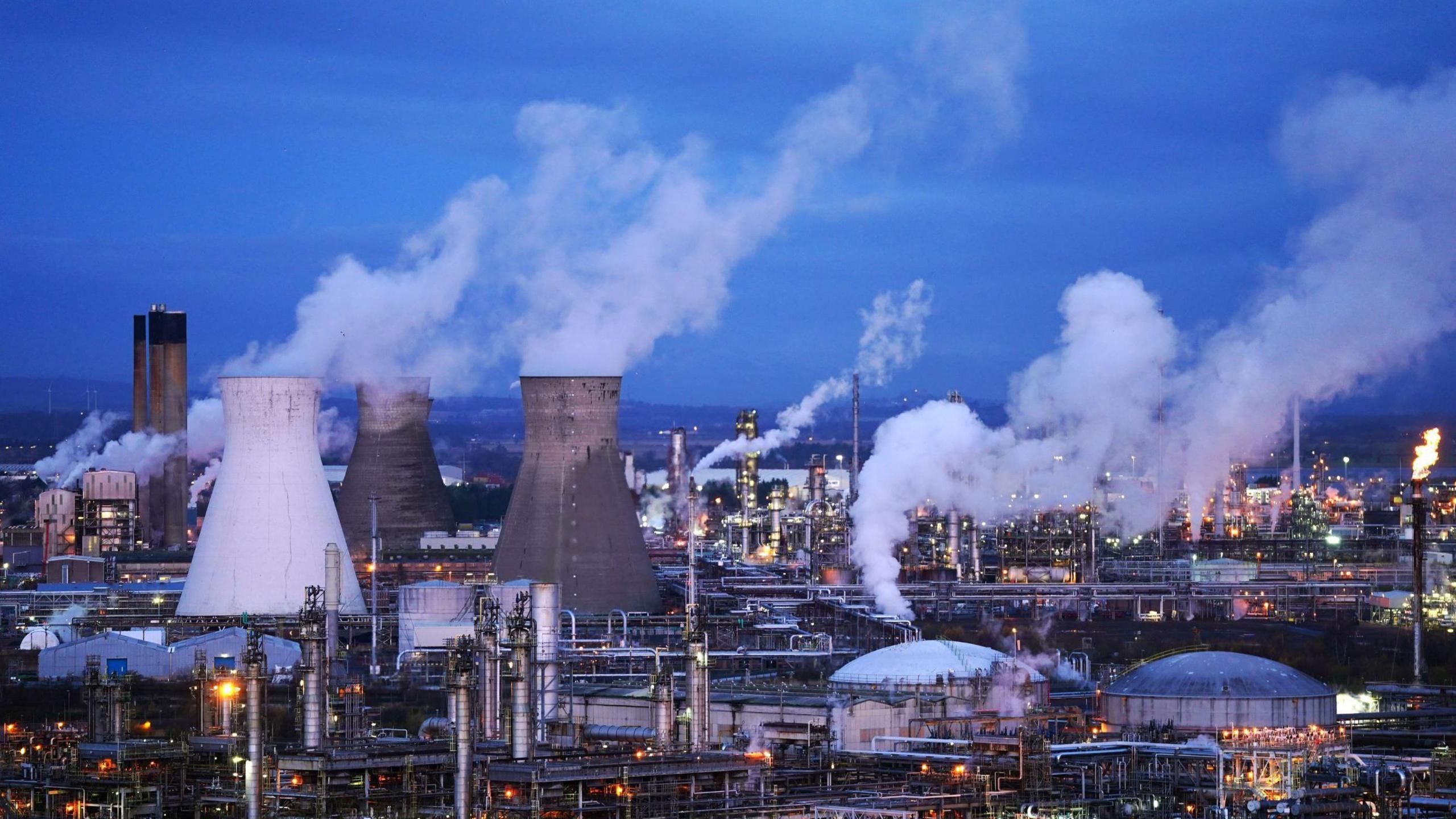
- Published13 September 2024
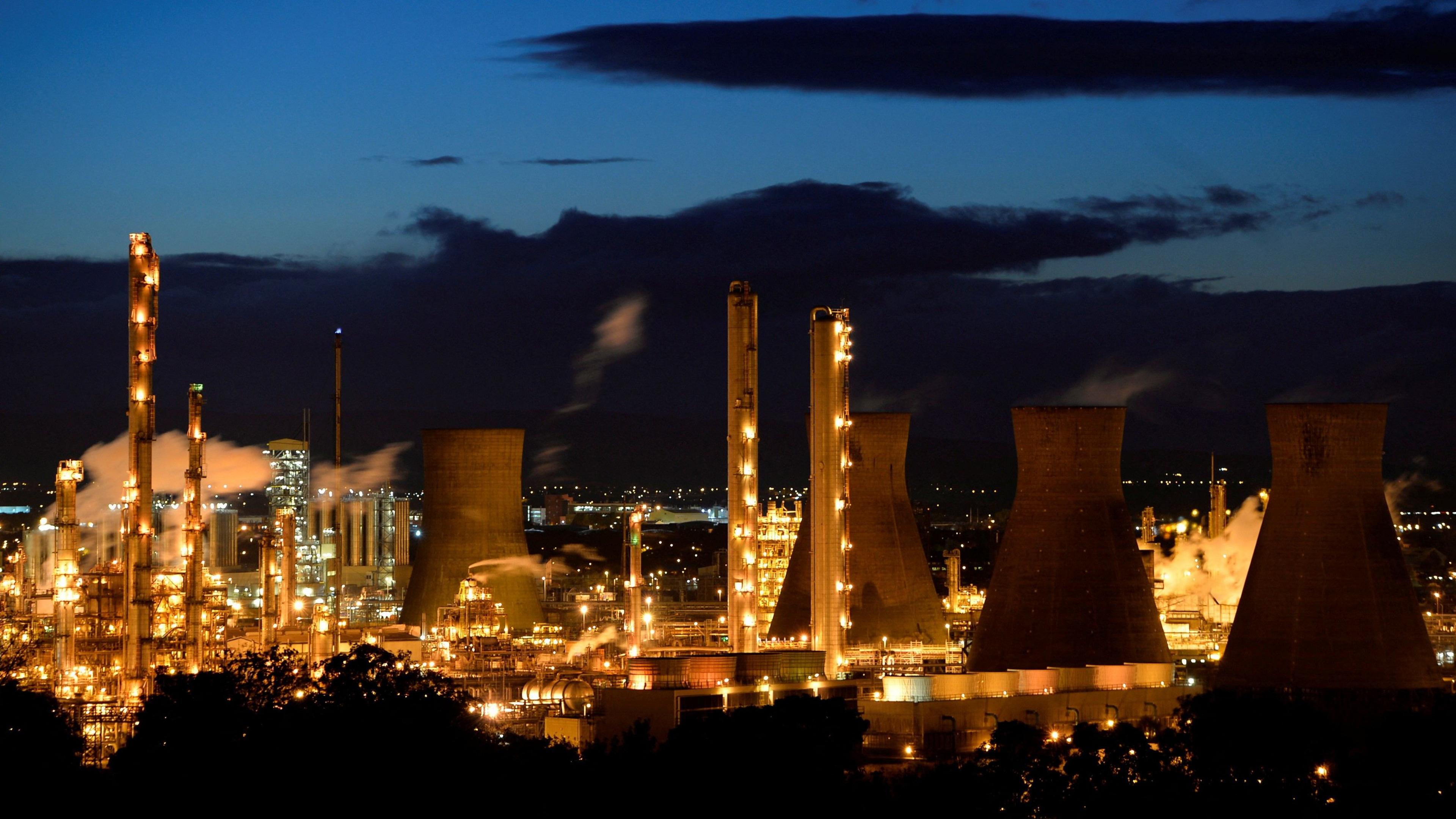
- Published3 August 2024
